
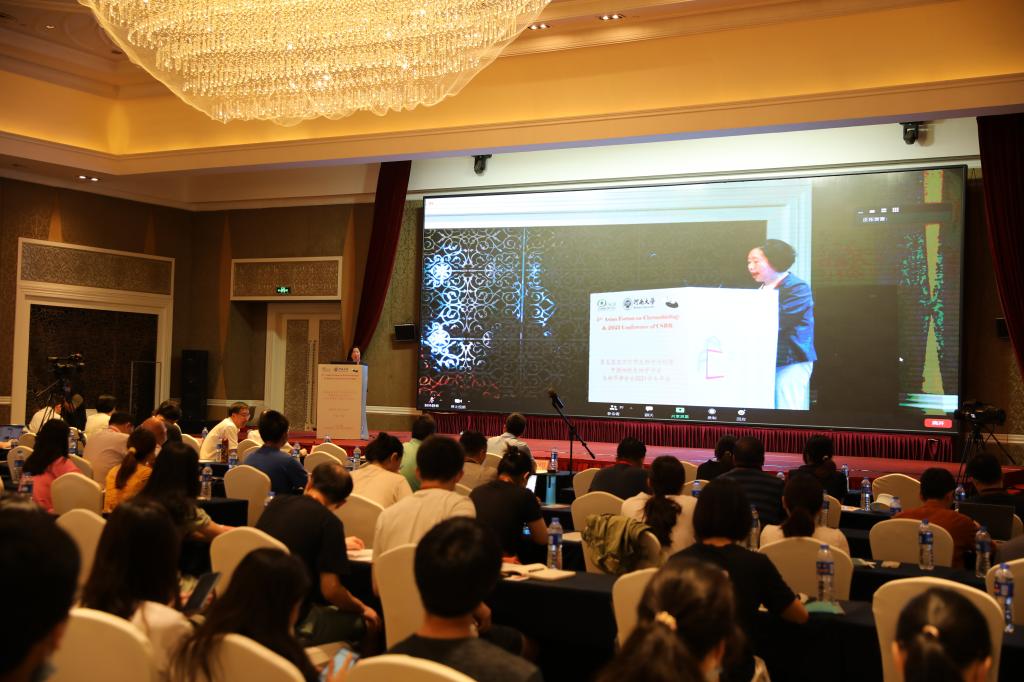
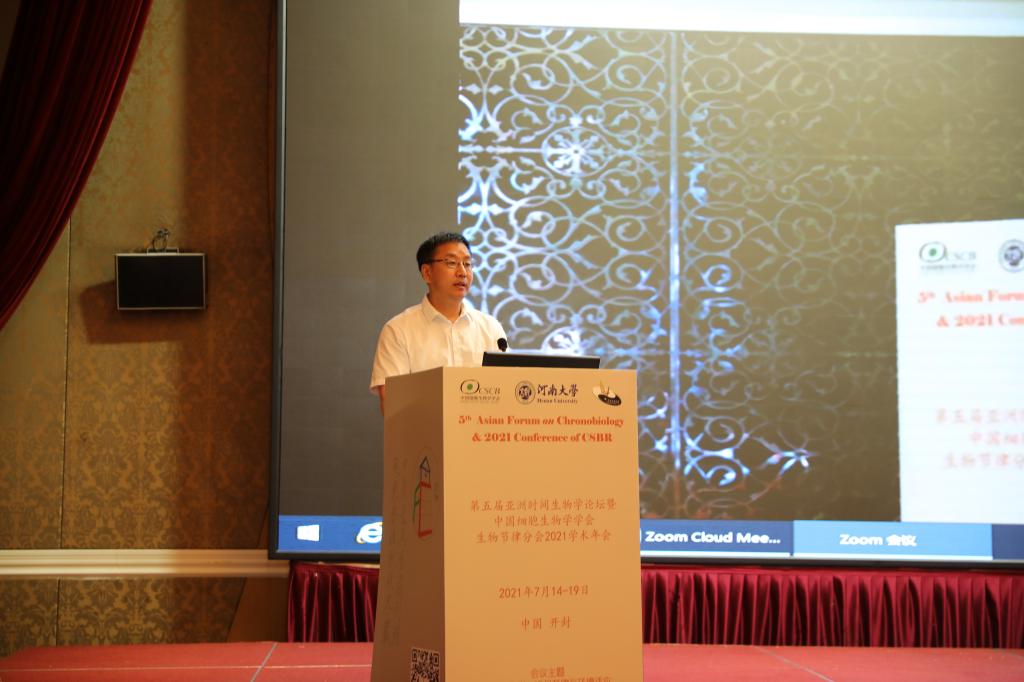
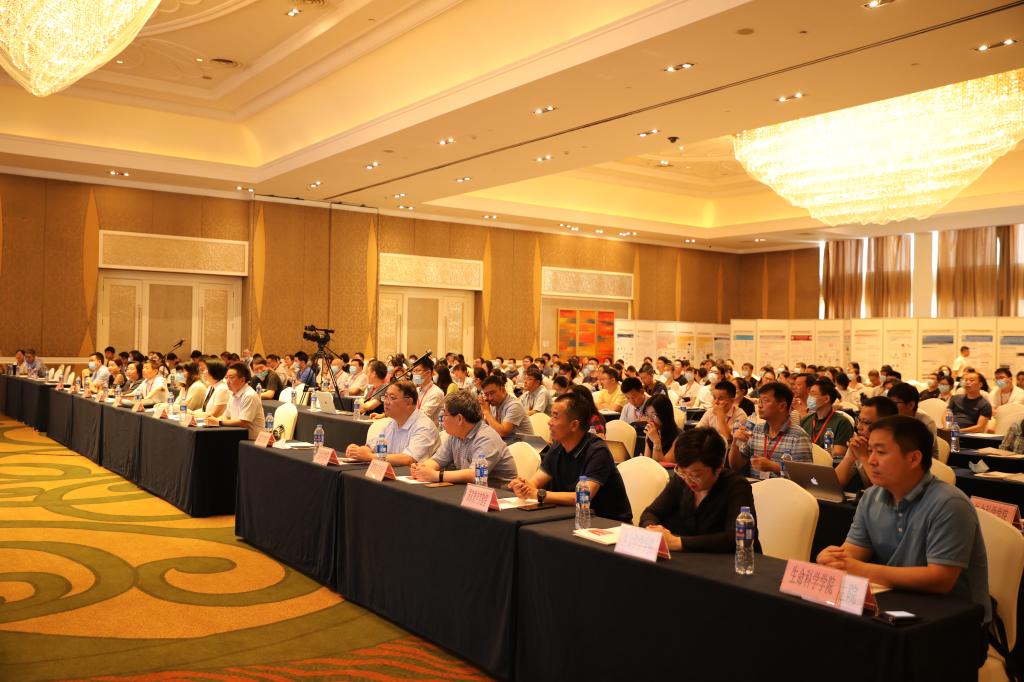
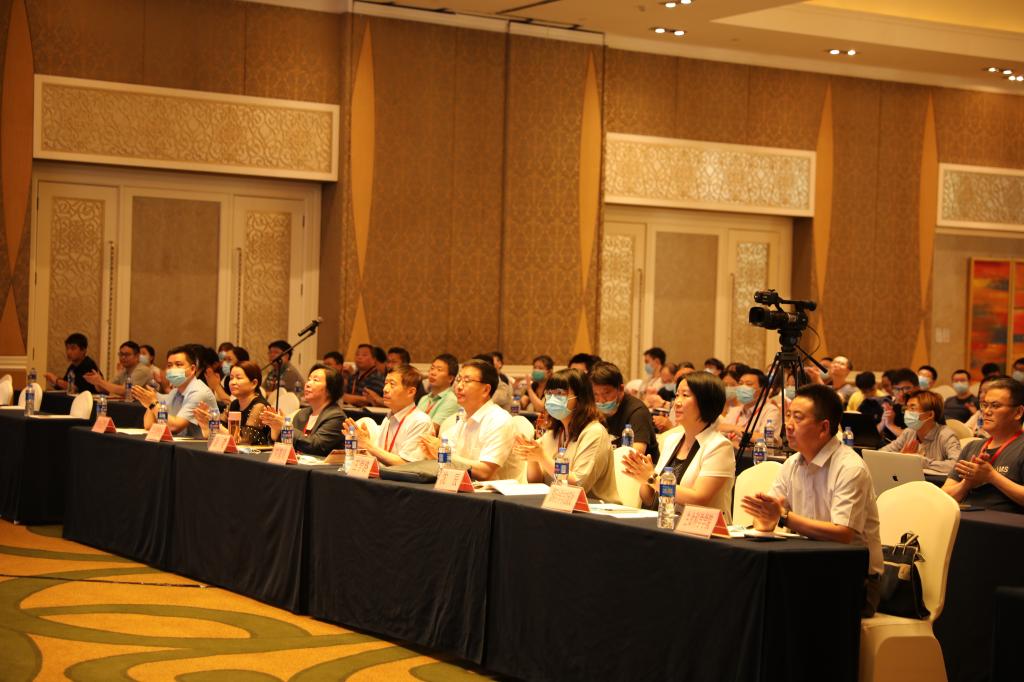
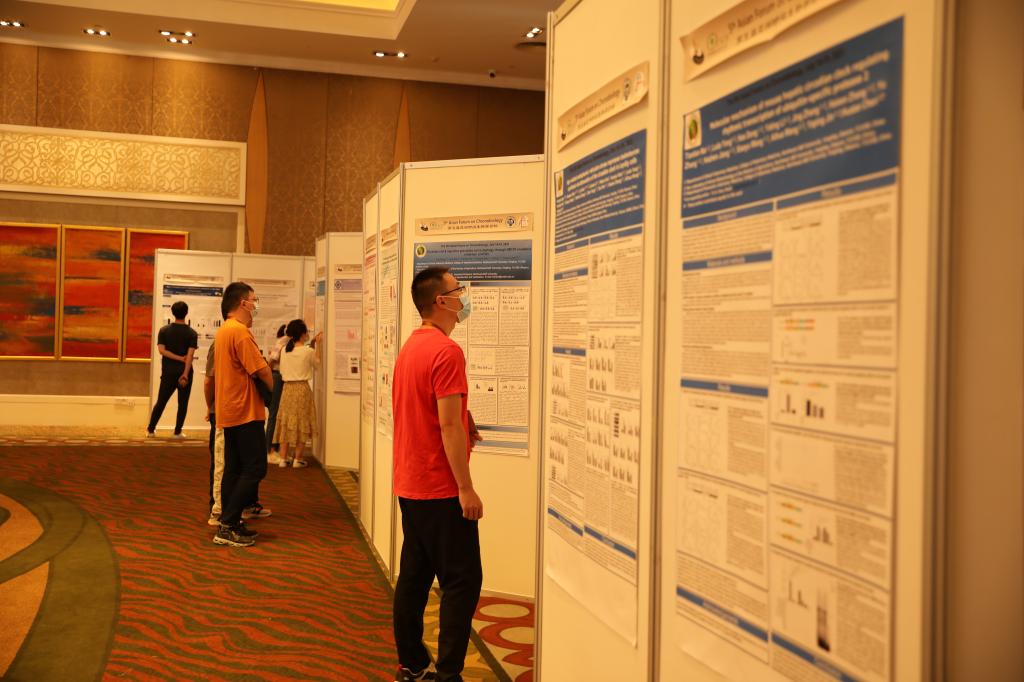
The 5th Asian Forum on Chronobiology (AFC) and the 2021 Conference of CSBR took place on July 15th at the New Century Grand Hotel in Kaifeng. The meeting was hosted both virtually and onsite by the Chinese Society for Biological Rhythms (CSBR), organized by Henan University (HENU), and co-organized by Aschoff-Honma Memorial Foundation, National Institute of Biological Science, Beijing, and Chinese Sleep Research Society. With the theme of “Chronobiology: Circadian Rhythms and Environmental Adaptation”, more than 360 world-renowned scientists and young scholars from Asia, Europe, and North America shared views on the frontier and development of chronobiology.
The ceremony was attended by deans and researchers majoring in related fields from multiple institutes and societies including Academician LIU Depei from the Institute of Basic Medical Science of Chinese Academy of Medical Sciences, WANG Xuelu, Vice President of HENU, XU Ying, Executive Director of the Academic Committee of the State Key Laboratory, CSBR, and SHEN Chen from the Chinese Society for Cell Biology.
In his welcome speech, WANG Xueliu said that by bringing together a group of domestic and foreign scientists with active innovative thinking and outstanding achievements, the conference will provide a platform to maximize their discussions on the latest research achievements of biological clock and circadian rhythm. “We look forward to in-depth exchanges and cooperation of ideas and insights that will propel chronobiology forward,” he added.
After that, Ken-ichi Honma, President of Aschoff & Honma Foundation and a professor of Hokkaido University, and XU Ying delivered speeches.
The four-and-half-day conference opened with a “Keynote Session” and 16 “Symposiums”. Topics covered entrainment, molecular mechanisms, hierarchical multioscillator coupling, differentiation, development, metabolism, sleep disorder, biotic and abiotic resistance, and so on. Experts present in the conference discussed the progress of research on multi-disciplinary integration, which is believed to help promote the research on and development of chronobiology.

 News /
Content
News /
Content


